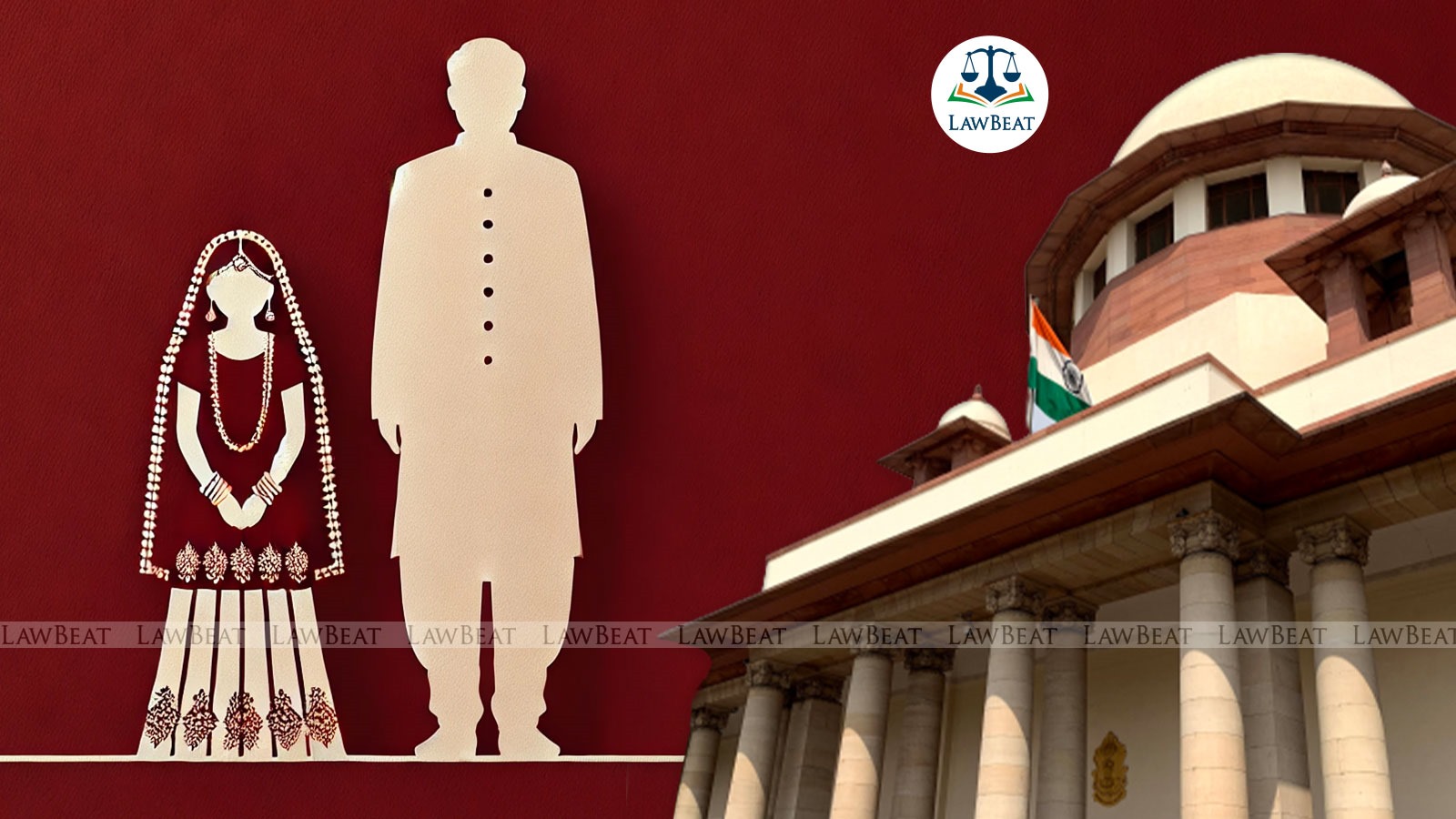SC notes gaps in law against child marriage, makes suggestions for scrutiny by Union government

Addressing child marriage requires an intersectional approach that acknowledges the overlapping vulnerabilities experienced by children, especially girls from marginalized communities, court has said
Tracing the full breadth of the law against child marriage, the Supreme Court of India has observed certain gaps in the Prohibition of Child Marriage Act 2006 (PCMA) in light of the Constitutional guarantees accruing to children.
Absent a Constitutional challenge or a case being argued, top court has resisted from making declarations and has restricted itself to making suggestions for the scrutiny of the Union. Court has formulated specific guidelines for achieving the elimination of child marriage while bearing in mind the delicate socio-economic interplay.
It has been further held that preventive strategies should therefore be tailored to the unique needs of various communities and focus on addressing the root causes of child marriage, such as poverty, gender inequality, lack of education, and entrenched cultural practices.
"The PCMA as a social legislation will only succeed through the collective efforts of all stakeholders to address the issue within a broader social framework which emphasises the need for multi-sectoral coordination. This necessitates the enhancement of reporting mechanisms, expansion of public awareness campaigns, and investment in the training and capacity-building of law enforcement officers and related actors. It is also crucial to regularly monitor the implementation of the Act, conduct evaluations to identify gaps, and establish feedback mechanisms to continually refine and improve responses to child marriage...", top court has added.
The legal question on these issues, however, is kept open if it were to come before a Constitutional court in an appropriate proceeding, a bench of Chief Justice of India DY Chandrachud, Justice JB Pardiwala and Justice Manoj Misra has said.
Court has further noted that while the PCMA seeks to prohibit child marriages, it does not stipulate on betrothals. "Marriages fixed in the minority of a child also have the effect of violating their rights to free choice, autonomy, agency and childhood. It takes away from them their choice of partner and life paths before they mature and form the ability to assert their agency. International law such as CEDAW stipulates against betrothals of minors. Parliament may consider outlawing child betrothals which may be used to evade penalty under the PCMA. While a betrothed child may be protected as a child in need of care and protection under the JJ Act, the practice also requires targeted remedies for its elimination....", Court has added.
Society for Enlightenment and Voluntary Action, an NGO that has worked extensively against child marriage, approached supreme court with the grievance that despite the enactment of the Prohibition of Child Marriage Act 2006, the rate of child marriages in India is alarming.
The Petitioner sought stronger enforcement mechanisms, awareness programs, the appointment of Child Marriage Prohibition Officers, and comprehensive support systems for child brides – including education, healthcare, and compensation, to ensure the protection and welfare of vulnerable minors.
Case Title: Society for Enlightenment and Voluntary Action & Anr. vs. Union of India & Ors.
